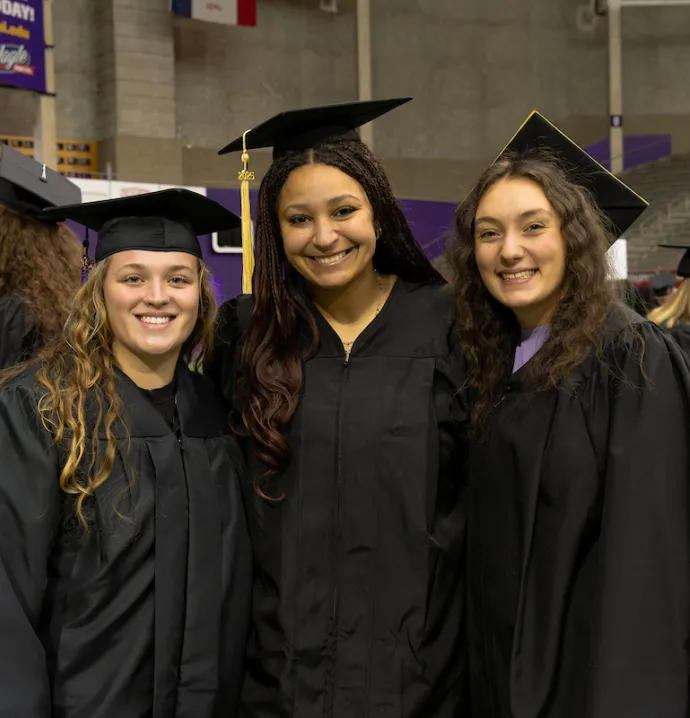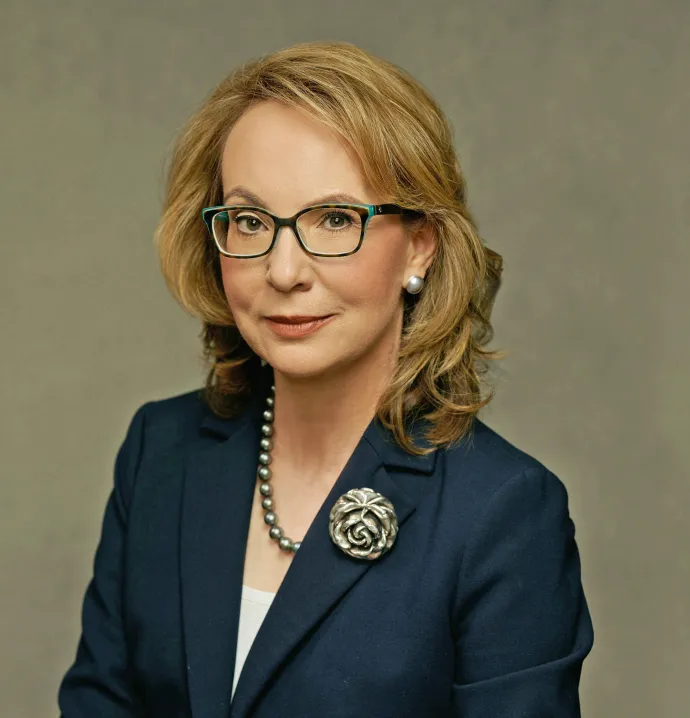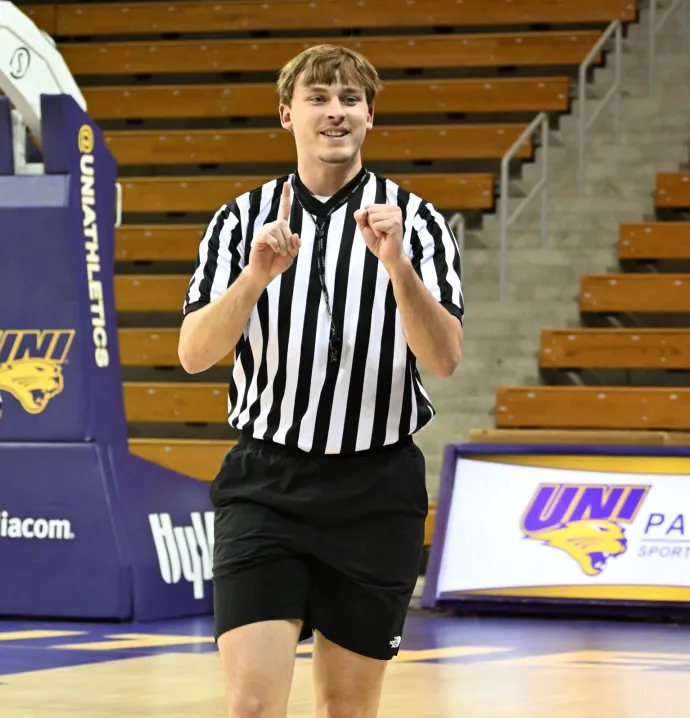UNI's George Floyd Fund aims to be a catalyst for change
UNI's George Floyd Fund aims to be a catalyst for change
A gift from Robert and Annette Morden, both two-time graduates of UNI, supports campus initiatives that promote cultural acceptance, collaboration, awareness and education. Two new projects – a student-driven film from the theater department and an art project about Indigenous land rights – are underway with help from the fund.
Much has happened in the nearly one year since George Floyd was murdered by a Minneapolis police officer, leading millions to take to the streets in protest. The nation recently watched as a jury unanimously convicted the now-former officer.
At UNI, efforts have been underway across campus to prepare students to be catalysts for change in their homes, workplaces, and communities, and to enhance the campus climate so it is welcoming to and inclusive of all. That effort includes projects sponsored by the George Floyd Fund, which was created last year through a gift from Robert and Annette Morden, both two-time graduates of the university. The fund supports campus initiatives that promote cultural acceptance, collaboration, awareness and education.
Two new projects – a student-driven film from the theater department and an art project about Indigenous land rights – are underway with help from the fund.
Realizing a dream
“Dream With ME” is a film that uses hip-hop theater, spoken word, and documentary theater to shed light on the racial reckoning that followed in the wake of Floyd’s tragic death.
“The film examines the impact of 2020 on this generation and society as a whole,” said Jim Bray, director of the project and assistant theater professor. “The objective is to shed light on those voices and inspire the community to create change.”
The film, which will be released this summer, uses a non-linear narrative to weave between spoken word monologues created by students and monologues based in part on interviews students conducted in the Cedar Valley community.
Money from the George Floyd Fund helped Bray bring in guest artists Daniel Banks and Rickerby Hinds, both nationally renowned in the area of hip-hop theater, to speak with students virtually. It also allowed Bray to bring on local choreographer Destiny Tru Cyrus to assist with the production.
“When we found out we received funding from the George Floyd fund, I was so thankful,” Bray said. “That money was used to bring in people who could teach our students this work.”
The Theatre Department created two new classes to facilitate the creation of the piece - Theatre for Social Change and Studies in Digital Theatre. About 65 students worked as performers, dancers, story boarders, cinematographers and text developers, gaining valuable experience in the world of theater and film along the way.
“I just really wanted the students to have their voice,” Bray said. “We don't get to see a lot of diversity represented in theater and film. So, these students are representing themselves. And they're doing such brave work and saying things that are sometimes hard to hear.”
Honoring Iowa history
As America grapples with its past, UNI has made efforts to honor the history of the traditional Native American tribal land the university resides on. In October 2020, UNI announced a number of new programs and initiatives aimed at deepening its partnership with members of Meskwaki Nation, promoting Native and Indigenous cultures, and empowering Indigenous people to access higher education.
Bettina Fabos, UNI professor of interactive digital studies, saw the George Floyd fund as an opportunity to help further promote land acknowledgment (recognizing land that originally belonged to Indigenous people) and support UNI’s continued partnership with the Meskwaki Nation. Fabos is working closely with an advisory board made up of tribal members from multiple tribes to develop a new project to raise awareness of Native American and Indigenous culture.
"We could do a lot to change the way that people think, in terms of land and in terms of land rights,” said Fabos. “I’m so grateful to Annette and Bob Morden who have so generously supported these discussions about diversity in Iowa and on our campus. We're so appreciative for this fund, and for us to be able to create long-lasting art, and provocative, thought-provoking learning curriculum.”
Fabos is leading the development of art installations, featuring new and archival portraits of Native American and Indigenous people, across campus and in the community to help educate people about indigenous culture and land acknowledgment. The project, which is still in its early planning stages but is slated for a fall 2021 launch, will include interactive learning experiences, two permanent exhibits, classroom curricula, a permanent mural and an educational website.
"One of the goals is making land acknowledgment something that everybody thinks about constantly,” she said. “It's gonna make people really learn about Native Americans who live in Iowa today, and the legacy of this profound and deep and rich culture that has been so marginalized. We need to tell that Iowa story.”




